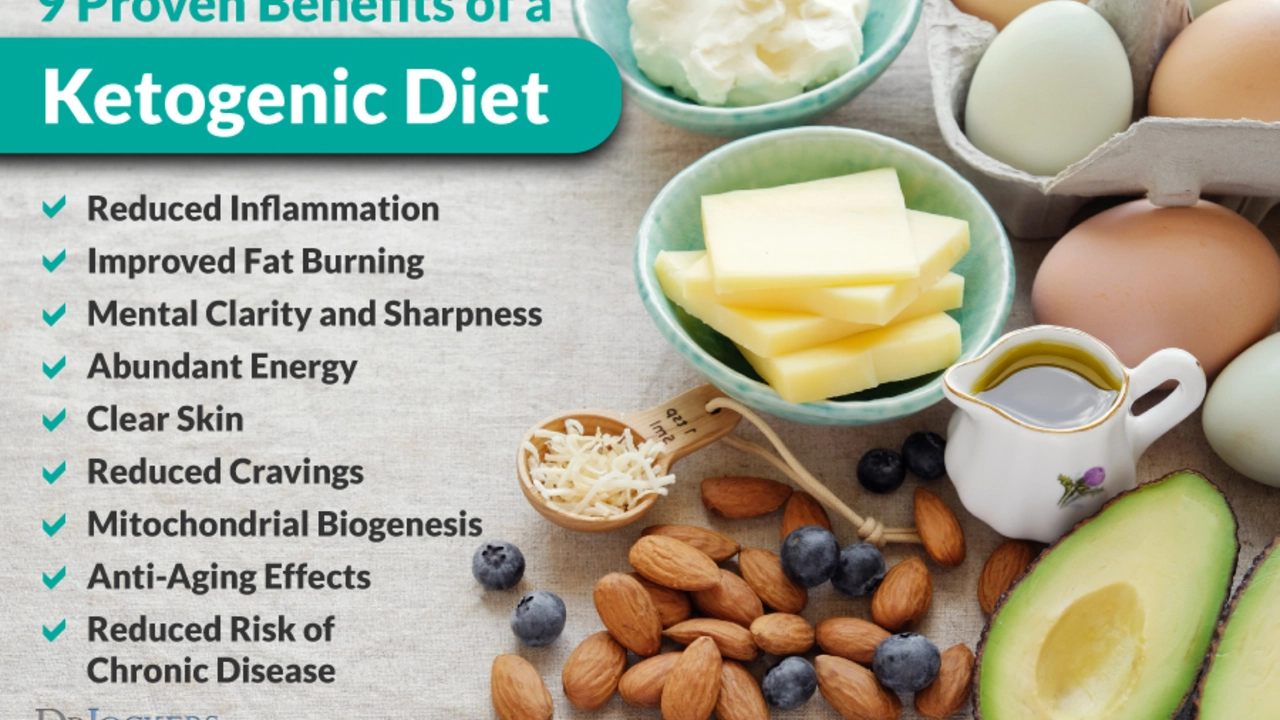Dietary Guide: Smart Food & Supplement Choices for Real Life
Want clear, useful tips about food and supplements? This guide gives straight advice you can use today—no fluff, just practical steps to make safer choices and get better value from what you eat and buy.
Start with food before pills. Whole vegetables, fruit, beans, whole grains, nuts, and lean protein deliver nutrients and fiber that supplements often can’t replace. If you want a focused read on diet and disease risk, see our “Nutrition and Tumor Growth” piece for evidence-based takes on sugar, red meat, and antioxidants.
How to choose supplements without getting ripped off
Supplements help in certain cases, but many are unnecessary or low quality. Look for clear ingredient lists, exact doses, and third-party testing seals. Prefer brands that publish lab results and have a visible customer service contact. Read user reviews carefully—focus on recurring problems, not one-off praise.
Match a supplement to a real need. If a blood test shows low vitamin D, B12, or iron, a targeted supplement makes sense. Avoid taking several products that overlap in the same nutrients—too much of some vitamins can do harm. For specifics on trending options, check our posts on Rose Geranium Oil, Lentinan, and Black Mulberry to see what claims are backed by research and what’s anecdote.
Practical safety and shopping tips
Always read the label. Note active ingredients, serving size, warnings, and possible interactions with prescriptions. If you buy online, prefer sellers who publish lab certificates or let you contact them easily. International purchases can be cheaper but may face customs or legal rules; our Cross-Border Drug Purchasing guide explains the main pitfalls.
Watch for interactions. Supplements and over-the-counter drugs like acetaminophen can interact with prescriptions. Use an interaction checker or ask your pharmacist—RXConnected has guides on common drugs like Plavix and Ventolin that help you check safety at a glance.
Small diet moves beat drastic changes. Swap sugary drinks for water or tea, add one extra vegetable serving a day, cut red meat to a few meals weekly, and choose whole grains instead of refined carbs. These shifts help energy, digestion, and long-term health more than one-off fixes.
Track what you try. Give a new food or supplement 4–8 weeks and note changes in sleep, energy, digestion, and mood. If you see side effects, stop and consult a clinician. Keep a simple log so you can spot patterns.
Want deeper reads? We have focused articles on Cheken, strontium, acetaminophen safety, and real reviews of online pharmacies. Use those posts to compare evidence, costs, and safety before you commit to a supplement or purchase.
Need help? Visit our Contact Us page to ask questions or get pointers. Use this quick checklist when deciding: test the need, check the product quality, watch for interactions, and track results. Do that, and you’ll lower risk and get better results from your diet and supplements.
The Ultimate Guide to Quince Dietary Supplements: Everything You Need to Know!

In my latest blog post, I've put together the ultimate guide to quince dietary supplements, covering everything you need to know! We'll explore the numerous health benefits of quince, including its antioxidant properties and weight loss support. Plus, I'll provide tips on choosing the right supplement and the recommended dosage to make sure you get the most out of this amazing fruit. If you're looking to boost your health and wellness, quince dietary supplements might just be the answer you've been searching for. Head over to my blog to learn all about this incredible supplement and how it can benefit you!
